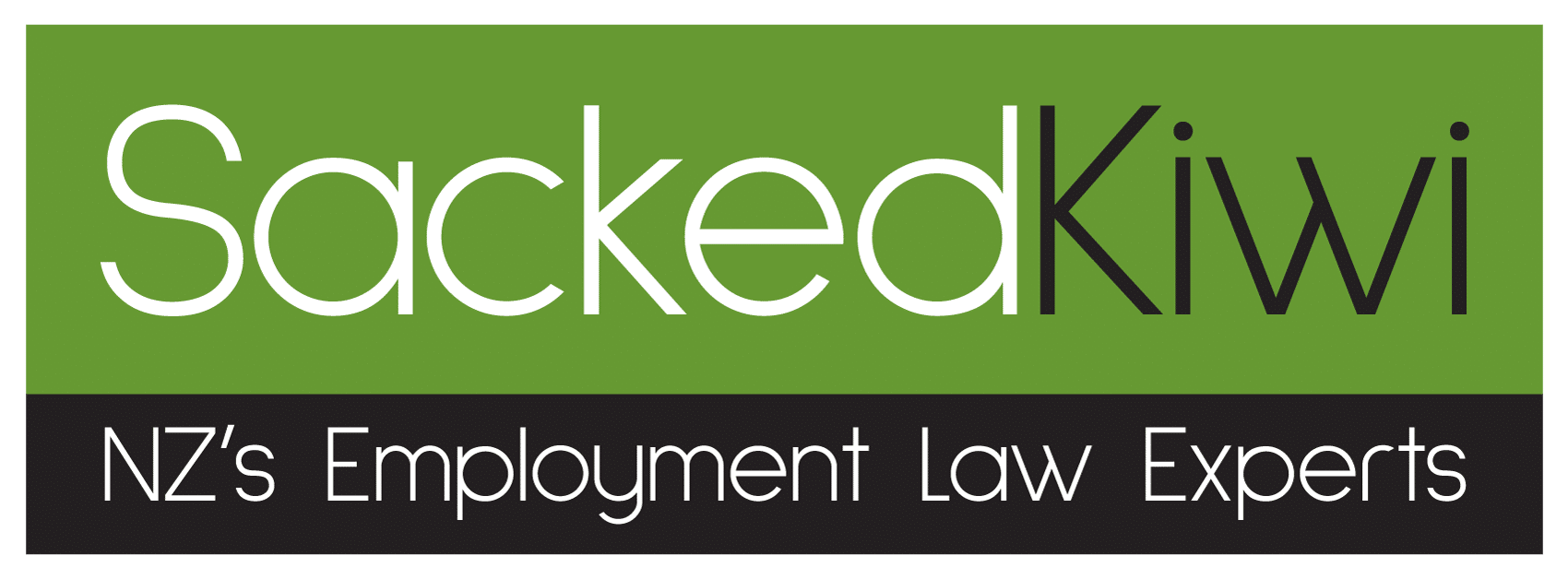In the realm of legal negotiations, there exists a subtle yet powerful tool that most people will never have heard of. The Calderbank offer.
Now, you might be wondering, what on Earth is a Calderbank offer and how does it work its magic in the intricate world of New Zealand employment law?
A Brief History
First, let’s delve into a bit of history. Picture yourself in England, circa the late 1970s. It was a time when legal disputes were as common as tea and crumpets. In the landmark case of Calderbank v Calderbank, the Court of Appeal introduced a groundbreaking concept – the Calderbank offer. Named after the feuding couple in the case, this ingenious legal manoeuvre allowed parties to make settlement offers “without prejudice save as to costs.”
In short, Mrs Calderbank offered to settle her divorce claim with her husband for a sum of money. He refused and the case continued. She ended up winning a lot more money than she had offered. She then rightly said to the Court, well that’s not fair that I have incurred all this additional legal cost because my ex refused a fair offer. The Court agreed and Calderbank offers were born.
But what does that mouthful of legal jargon actually mean?
Essentially, a Calderbank offer is a monetary settlement proposal made by one party to another during legal proceedings. However, here’s the kicker – it comes with a twist. The offer is made “without prejudice,” meaning that it cannot be used as evidence at the ERA or in court, except for one crucial aspect. Costs. If the party rejecting the offer fails to achieve a better outcome in a hearing, they may be penalised by having to pay whole lot more towards the other party’s costs. Sneaky, right?
So we will generally make sure that a Calderbank offer is sent prior to a hearing after mediation. It serves two purposes. Firstly, it makes sure that the employer knows that we are serious and secondly, it ensures that when we win, we can secure more money towards our client’s costs. There is of course an art to making sure the offer is pitched correctly and that’s where our skill and experience comes in.
We should warn you that it doesn’t cover all the costs in a matter. At the ERA our costs will generally be about $10,000.00, assuming a one day investigation meeting. The ERA works on a notional daily tariff rate of $4,500.00 for the first day and $3,500.00 for every day after that. In a recent ERA decision it was determnined Calderbank offers increase this by at least 50%.

